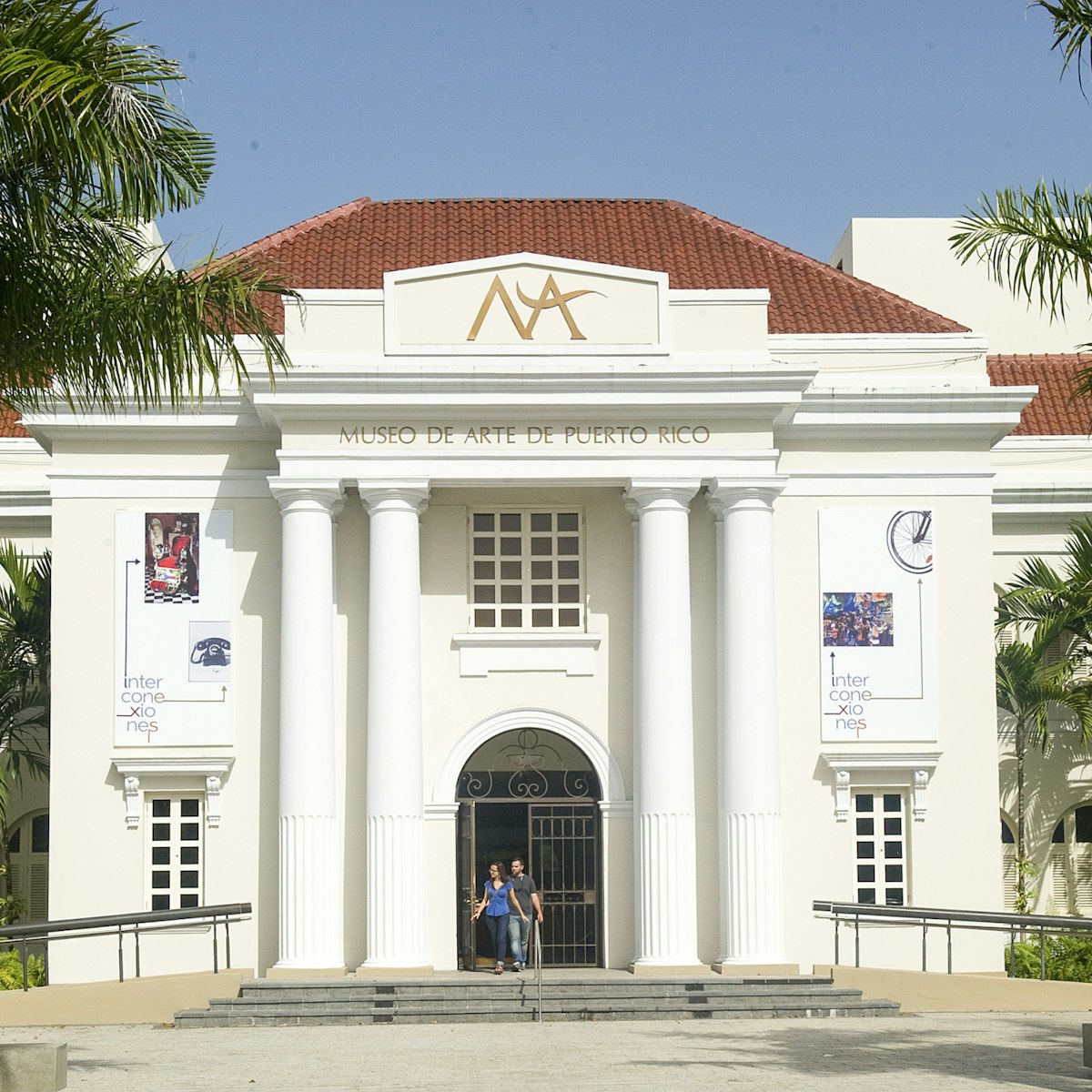A nodule of land on Puerto Rico’s northeast tip, this Para La Naturaleza–run reserve protects the Laguna Grande bioluminescent bay, rare flora and fauna, mangroves and lush rainforest, and is home to an important scientific research center. At the time of research, the reserve was closed due to post-hurricane repairs and maintenance, with no reopening date scheduled. There are no tours of the reserve or its lighthouse, but you can volunteer to help with tree nursery maintenance.
Despite its diminutive size, the reserve shelters seven – yes, seven – different ecological systems, including beaches, lagoons, dry forest, coral reefs and mangroves. Animal species that forage here include big iguanas, fiddler crabs, myriad insects and all kinds of birds. Such condensed biodiversity is typical of Puerto Rico’s compact island status and Las Cabezas is highlighted as an integral part of the Commonwealth’s vital threatened Northeast Ecological Corridor.
A historical highlight amid the natural beauty is the splendidly restored 1882 El Faro de las Cabezas de San Juan, Puerto Rico’s oldest lighthouse. With a well-conceived nature center and spectacular views of the north and east coasts, it's a highlight for many tours of the reserve.
There are about 2 miles of trails and boardwalks that lead through the park, but you can’t follow them on your own: you must take a guided walking tour (adult/child US$12/10). It lasts more than two hours and includes a short tram ride through the dry forest section. Tours depart through the day, but most are in Spanish; the English tour is usually at 2pm.
Other tours include a bike tour (US$22) and a birding tour (US$14). Night tours (adult/child US$24/14) explore the grounds, lighthouse and bioluminescent bay. Reservations are required for all tours.
You can get a glimpse of some of the reserve by simply walking east down the narrow beach from Playa Seven Seas. Better yet, take a kayak tour with a tour operator at sunset and explore Laguna Grande after dark for the blue-glowing, underwater ‘fireworks’ of bioluminescent micro-organisms.








